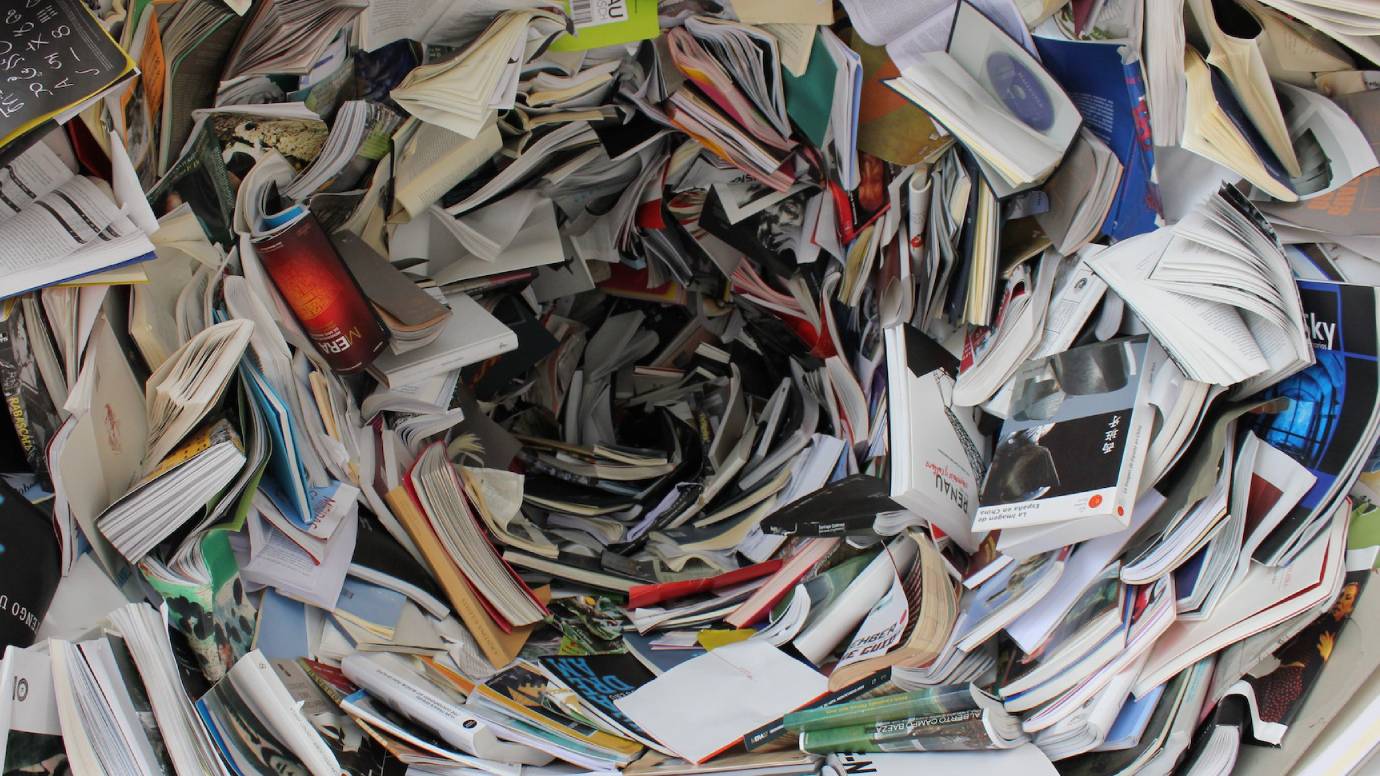The integrity of science and scholarship relies on the authenticity of its research. However, paper mills—organizations that produce and sell fraudulent research papers—are increasingly compromising this foundation. By infiltrating academic publishing, these entities not only devalue genuine research but also create a ripple effect that impacts the entire scholarly ecosystem. This article examines the multifaceted effects of paper mills on science and scholarship, integrating findings from recent studies.
Undermining the Credibility of Academic Publishing
The primary impact of paper mills is the erosion of trust in scholarly communication. When fraudulent research infiltrates reputable journals, it tarnishes their credibility and casts doubt on legitimate studies. For instance, the retraction of over 8,000 papers linked to paper mills from Hindawi journals in 2023 highlighted the scale of the problem (Straive, 2023). This incident underscores the vulnerability of even established publishers to such unethical practices.
Distorting the Scientific Record
Paper mills introduce falsified or manipulated data into the academic corpus, distorting the scientific record. This distortion has significant consequences:
- Misleading Policymakers and Practitioners: Policies and practices based on fraudulent research can have harmful societal impacts, particularly in fields like medicine and public health.
- Hindering Scientific Progress: False findings waste valuable time and resources as other researchers attempt to replicate or build on invalid results.
According to MDPI, the increasing prevalence of fraudulent studies makes it challenging for researchers to discern authentic findings from manipulated ones, slowing the overall pace of scientific advancement (MDPI Blog, 2022).
Exploiting Vulnerable Researchers
Paper mills prey on early-career researchers and scholars from regions with intense publication pressures. These individuals often face limited access to ethical publishing resources and may resort to paper mills out of desperation. This exploitation not only damages the careers of those involved but also perpetuates unethical practices within academia.
Financial and Ethical Costs
The financial burden of combating paper mills is substantial. Journals must invest in advanced detection tools and dedicate additional editorial resources to scrutinize submissions. Additionally, the ethical costs are significant:
- Erosion of Peer Review Integrity: Paper mills often exploit the peer-review process, using fabricated reviewer identities to approve fraudulent manuscripts.
- Devaluation of Academic Achievements: The presence of paper mill-generated papers undermines the value of genuine scholarly contributions.
- Wasting Research Resources
The resources expended on fraudulent research—both human and financial—could be better utilized for authentic scientific inquiry. From funding wasted on invalid projects to the opportunity cost of reviewing and retracting fraudulent papers, the impact is immense.
Combating the Impact of Paper Mills
To mitigate these effects, the academic community must take concerted action:
- Strengthening Detection Mechanisms:
- Journals should adopt robust tools for plagiarism detection and image analysis.
- Artificial intelligence can be leveraged to identify patterns indicative of fraudulent submissions.
- Promoting Ethical Publishing Practices:
- Institutions must provide researchers with comprehensive training on ethical publishing.
- Awareness campaigns can educate scholars about the risks of engaging with paper mills.
- Global Collaboration:
- Publishers, academic institutions, and regulatory bodies should collaborate to share information on identified paper mills and their tactics.
Conclusion
The impact of paper mills on science and scholarship is profound, threatening the credibility, progress, and ethical standards of academic research. By understanding the mechanisms and consequences of their activities, the scholarly community can take effective steps to combat this menace. As highlighted by Straive and MDPI, fostering a culture of integrity and accountability is essential for preserving the value of scholarly publishing.
References:
- “The Impact of Paper Mills on Scholarly Publishing: The Problem and Consequences,” Straive. Available at: https://www.straive.com/blogs/the-impact-of-paper-mills-on-scholarly-publishing-the-problem-and-consequences
- “Paper Mills: An Emerging Threat to Academic Integrity,” MDPI Blog. Available at: https://blog.mdpi.com/2022/05/09/paper-mills/

